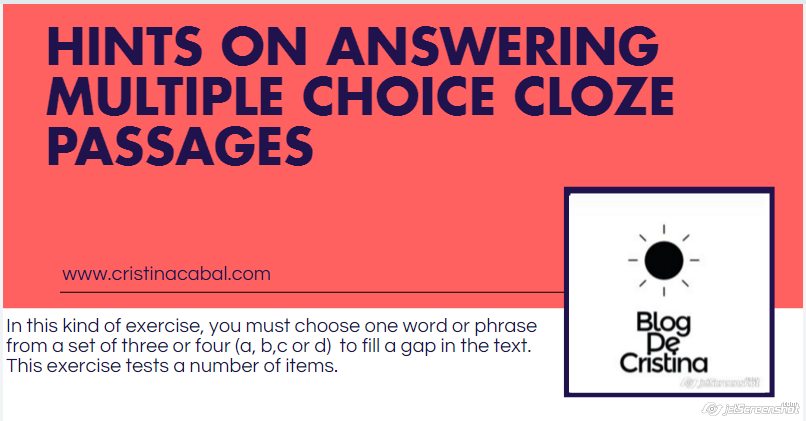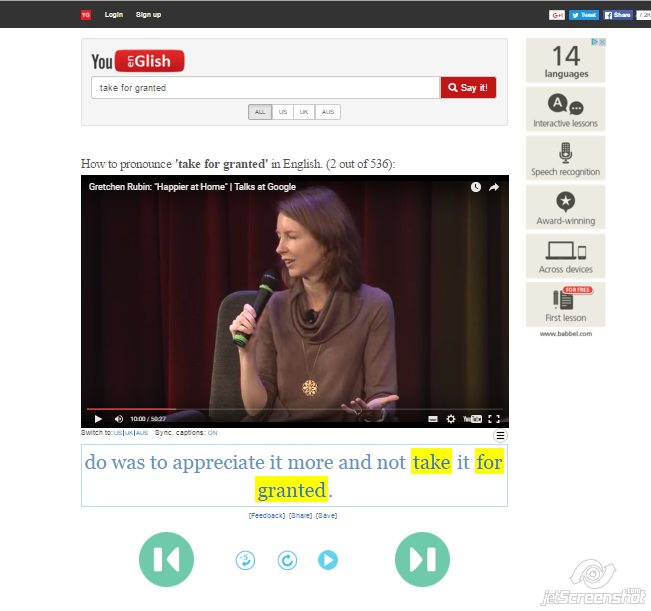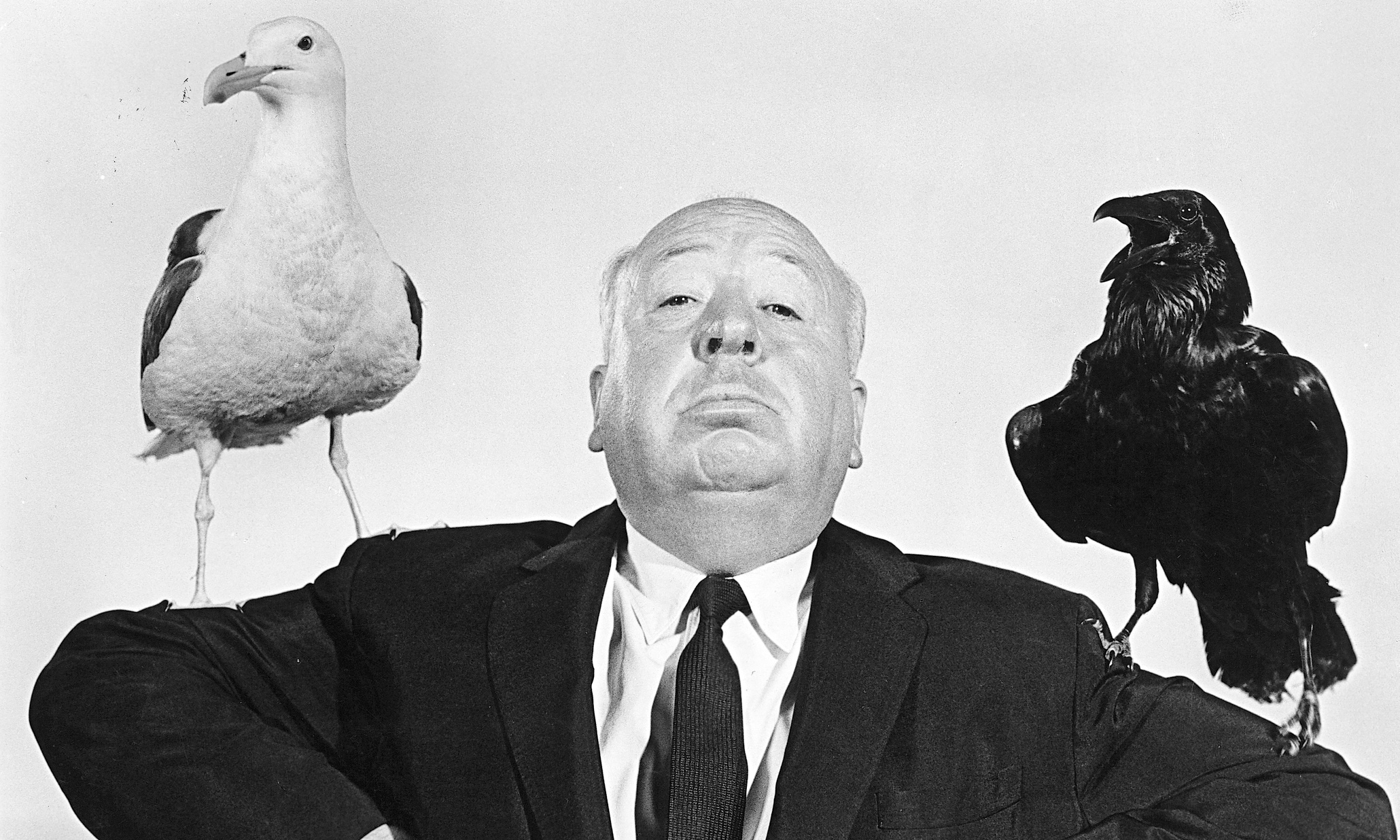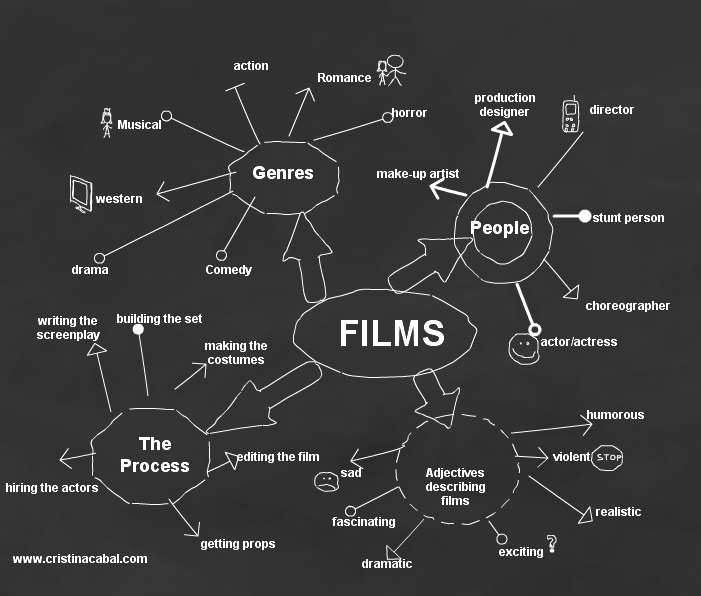Click here to see the Infographic in Presentation Mode

Oh boy. Does it bring back memories!
Dictations! To be completely honest with you, I have mixed feelings as regards dictations. I remember back in primary school when the language teacher gave us lots of dictations like a well-deserved break after a tough grammar lesson; and then, this feeling of “I don’t want to ever hear the word dictation again” that I got from my classes at university where the teacher gave us one-page-long dictations so quickly that when he finished, he was panting for breath, and we were seeing red.
Although doing dictations is somewhat regarded as an old-fashioned technique, it is undeniable that a lot of benefits can be derived from doing this exercise. In fact, it is an integrative activity requiring the use of various skills like listening, writing and reading -when you read the passage you have written, looking for grammar or spelling mistakes. You might even add speaking if the dictation is used as a prompt to encourage discussion of the passage.

In case you are not fully convinced that dictations also have their place in the twenty-first century classroom, here are some more benefits you might want to consider:
• It improves spelling.
• It improves recognition of grammatically correct sentences.
• It helps students distinguish sounds in continuous speech.
• It improves students’ awareness of punctuation.
• It gives students practice in comprehending and helps them gain fluency in writing.
If I have managed to convince you, here are some links to online dictations you might want to try or if you are a teacher, heartily recommend to your students.
Dictations Online. (not working anymore)
This site specializes in dictations and although it is free, you can sign in to do more dictations or keep track of your score and view your score history. They are graded from elementary to advanced.
The students hear the dictation four times
I like the site. It is very user-friendly. The dictations are graded going from Elementary, with short recordings of one or two phrases, to Advanced with recordings of one or two paragraphs.
This site features two levels: elementary and intermediate. It has a very clean interface where you’ll see two recording of the same dictation. One recorded at a normal speed and the other one at a slow speed with pauses to give you time to write down what you hear. You only need to follow the instructions.
ESL: English as a Second Language
Aimed at Intermediate and Upper-intermediate students, this site offers an amazing numbers of dictations
Do you like these sites or would you rather create your own dictations? Here are two online free tools to convert text to speech.
“Maybe all one can do is hope to end up with the right regrets”. Arthur Miller.
Hopefully! I surely have had my fair share of mistakes, and consequently a few regrets too although to be honest, I don’t really know if the are of the right kind. There are a couple of things, or maybe more, that I would probably have done differently if given the chance but…. this is now water over the bridge and it’s no use crying over spilt milk! What about you? Do you have any regrets?
Let’s talk about regrets today.
Aim: to teach students how to express regrets using the structures I wish/if only
Level: B2
Lead in: Play this 45-second audio clip and ask students to try to identify the next structure you are going to teach them.
1. I WISH (THAT)/IF ONLY+SIMPLE PAST
Introducing: display the picture below and draw students’ attention to the reflection of the man in the mirror. Ask: What does the old man see in the mirror? What is he thinking?

Listen to the students’ suggestions and use each of them to introduce
I wish/if only I was younger or I wish I was in my twenties.
I wish/if only I was handsome or I wish I was stronger… etc
Explaining the grammar: we use this structure to express a desire for a situation that does not exist right now in the present. A wish is a desire to change a real situation into an unreal one. This unreal situation is expressed in the simple past. In a wish sentence, the simple past does not indicate past time; it only indicates that the situation is unreal.
I wish/if only I lived in the countryside, but I don’t. I live in a city.
I wish/if only he were younger, but he’s not. He is old.
Practising. Guided practice.
1. Pictures.
Students look at the pictures and make a sentence using “wish”. Flip them to see a possible answer.
2. The power of music. A meditation activity.
Ask students to close their eyes. Turn off the lights, close windows and play some soft music to create the right atmosphere and help them relax. Tell them you are going to ask them some questions about themselves. Use a low, slow, soothing voice. They will need to imagine how they would answer the question using the structure I wish/if only + past tense. Read out the questions one by one, take your time and remember to keep your voice slow and calm.
Practising. Freer practice.
Students in pairs talk about their anwers to the questions above. Let them choose the ones they want to talk about as some answers could be a bit personal.
2. I WISH (THAT)/IF ONLY+ WOULD
Introducing: display the picture below and ask students to describe what they see.

Now, ask students to provide a sentence with “wish” about the picture. At this stage, students will probably suggest “She wishes he didn’t see so much TV”.
Draw students’ attention to the girl’s mood and offer this alternative sentence
She wishes/if only he wouldn’t watch so much football
Explaining grammar: the structure wish+ (that)/if only +would is used to talk about what other people do that annoys or irritates us and that we wish was different.
Practising. Guided practice.
Play the video and ask students to make sentences based on the pictures using I wish+would.
Practising. Freer Practice.
Students in pairs answer these questions:
3. I WISH/IF ONLY + (THAT) + PAST PERFECT
Introducing. Display the picture below and ask: do you think he has any regrets?
Elicit: He wishes he hadn’t drunk so much or he wishes he hadn’t danced so much

Photo by JeanJulien
Explaining the grammar:
We use ‘wish’ + past perfect to talk about regrets from the past. These are things that have already happened but we wish they had happened in a different way.
Practising. Guided Practice.
Introduce the activity by asking students to think back to the time when they were teenagers. Ask them if they have any regrets.
For example: I wish I hadn’t given up my studies.
Tell students they are going to watch a video of a song Mistakes of my Youth by the American rock band Eels. In this video, the singer thinks back on his childhood and all the things he did wrong. Ask them to watch the video and write down as many I wish/if only + past perfect sentences they can think of based on the video.
Freer practice.
What are your regrets when you think back on your life? Make a list of three regrets and tell the story to your partner.
ADDITIONAL ACTIVITIES
I won’t spend much time introducing this post, mainly because today is one of these days when the muse has decided to leave me.
Perhaps you’re wondering what else you can do to pass your listening test with flying colours apart from doing every single listening comprehension exercise in your student’s book and all the ones in the workbook. I’m not trying to reinvent the wheel, but here are a few things you might want to try.

1.Read a few tips and put them into practice. Students often complain that despite grasping the main information content of the recorded material, they sometimes seem to be unable to provide the right answer and this leads to frustration.
Getting a high mark in a listening comprehension exercise requires practice, lots, and also knowing a few tips. The most common types of listening exercises are Blank Filling and Multiple Choice and there are a few handy hints on how best to deal with them that you might want to read. The tips below aim at teaching students to listen effectively to enable them to select the information they require from what they hear.
2.The obvious. Find a good listening site with plenty of listening exercises to choose from.
One of the sites I have been recommending my students lately to practise Listening is Ingles en Aviles, a fantastic blog aimed at B2 (upper-intermediate) and C1 (advanced students) where you’ll find lots of listening comprehension exercises to choose from.
Can I also suggest my own Listening section?
3. Listening to Vaughan radio
Vaughan Radio is a live radio station broadcasting from Madrid, Spain that provides listeners the chance to improve English language skills. So while you’re at home, maybe cleaning or ironing and bored to death, you might want to give it a try. From time to time you’ll hear some Spanish words to help Spanish listeners, but most of the time the show is in English and really worth listening to.
Here’s the link to listen on the computer. Alternatively, you can download the app on your smart phone. Type Radio Vaughan in the search box to download the app. My favourite programme? “The show with no name”.
4. Watching series.
Here, I would recommend ororo.tv. What can ororo.tv do to help you improve your English? What will you find on this website? An amazing number of TV shows and films in their original versions and with subtitles in English. Right now, I am hooked on the Big Bang Theory, an American sitcom about four young scientists, but surely you’ll find attractive alternatives here to suit every taste and mood.

5. A new web tool: Youglish.
A very interesting tool to help you with your pronunciation and your listening is Youglish. In the search box, type the word or expression you want to hear in context. Youglish provides you with videos, from You Tube, where the word/expression is spoken by real people and in context.

In case you’re wondering, this is not a sponsored post. It’s just a few recommendations from a humble teacher trying to help students by sharing some useful links.
Thanks for reading!
When I was a kid in my hometown, a little village in the north of Spain, there used to be a cinema. Not any more and not for a long time. In fact, it seems to me there are very few towns or even cities which still have a cinema and I’m not talking about the outdoor cinemas, which are so popular in summer, I am talking about the real thing. Cinemas with endless rows of seats smelling oldish and where the usher always told you off before you even got to your seat and started cracking up. I remember we didn’t get to see the latest films until they were 4 or 5 years old and then, they were not new any more as our friends from the capital city kindly reminded us rolling their eyes in disbelief when they came on holiday, but all the same it brings back very good memories. I must be getting old!
So today I’m sharing with you an engaging lesson with lots of activities around the theme of films and the cinema. Hope you enjoy it!

This lesson is aimed at students with a language level of B2 (upper-intermediate) and focuses on revising, learning and using vocabulary related to films and the cinema through a variety of engaging activities which will help them improve listening, writing and speaking.
Activity 1. Warming-up. Learning and using vocabulary.
Step 1.Wordcloud.
Display the word cloud and ask students to guess the topic. Click on the words you want to highlight and ask students to guess meanings and try to use them in a sentence. Alternatively, you can choose the latest box-office hit and ask students to give you a sentence about this film containing the targeted word.
Step 2. Mind mapping. Handout with vocabulary here
Ask students to work in pairs. Write on the board a mind map as the one below (give them only the words inside the circles) to help them revise vocabulary related to this thematic area. Allow them some minutes to complete their mind maps and get feedback from the whole class, completing the mind map on the board with their suggestions.

Activity 2. A game.
The class is divided into two groups. In turns, one member from each group sits on the Hot Chair facing away from the whiteboard. The members of their group have one minute to describe the film being displayed without mentioning the title ( that goes without saying, but just in case, I’m saying it). The aim is to guess as many films as possible in one minute. Then, it’s the other team’s turn.
They will need to talk about:
Kind of film/ Nationality of the film/ director/ plot/
Some hints:
♥The film ‘_______’ is a(n) _______ film which takes place in _______.
♥The film is set in __(ancient Greece)__.
♥The story is based on __(a popular novel)__.
♥The film is directed by _______.
♥The main character(s) in the film is/are _______.
♥_______ is a character who _______.
♥__(Johnny Depp)__ stars as __(Captain Sparks)__.
♥In the film, __(Jack Black)__ plays __(a rock guitarist). The story is about _______
♥The best scene of the film is_____
Activity 3. A listening : interview with Hitchcock talking about his film Psycho.
Ask students: What kind of films do you like? Do you have a favourite director?
Write on the board Alfred Hitchcock and Psycho and ask students if they know who he is and if they know any of his films. Students most probably will have heard about Hitchcock and seen some of his films, but in case they haven’t, tell them Hitchcock is considered “the master of suspense” and “Psycho”(1960) s is arguably Hitchcock’s best-known film.
Play the video and ask students to answer the questions. (Find the answers at the end of this post).
Activity 4. Speaking.
Ask students to work in pairs or in small groups and answer the following questions.
Activity 5. Writing a film review.
Handout with the task and useful vocabulary and expressions to use in your review.
Blog de Cristina is also on facebook. Follow us!
![]()
Answers to the listening
There is only one violent scene in the film, which is at the beginning when the girl is violently murdered in the shower. As the film developed, there is less and less violence. The horror and the tension are transferred to the mind of the viewers, which are the end of the film are screaming.
Tools used
Tagul, Hot Potatoes, Picture Trail, Thematic